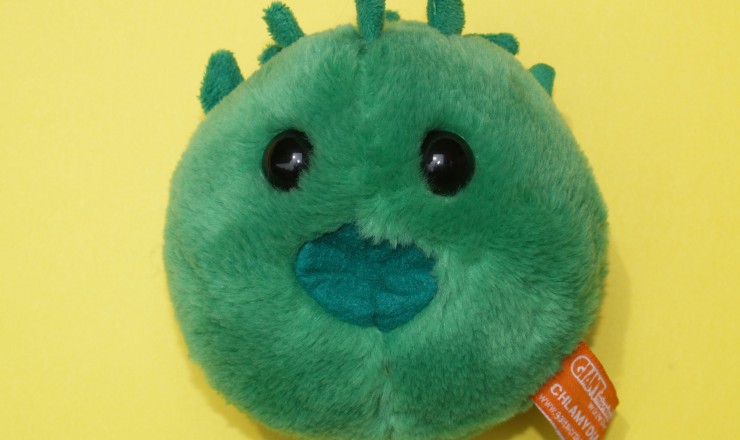Safer Sex
Sex can be fun and feel good but it can be risky if you don’t play safe.
Safer sex means talking to your partner or partners and making sure you have the same understanding about using protection such as dental dams or condoms and about using birth control (if applicable). It also means making sure you and your partner consent to sex and have a chance to talk about what feels good.
Practicing safer sex means that you won’t have to worry as much about getting an STI or dealing with an unplanned pregnancy. Taking care of yourself and your partner by having safer sex can free you to enjoy all the pleasures that sex has to offer.
Talk about it first
- Before you have sex, try to talk to your partner about using safer sex tools such as condoms, dental dams, and gloves, and about birth control options (if applicable).
- You may want to ask your partner if they have an STI or if they have been tested for STIs. If you’ve had sex before you can still ask — it’s never too late.
- If you feel safe doing so, tell your partner about your last STI test and if you have any STIs.
- For more on talking to your partner, check out Talking About Safer Sex [Link].
Consent: Ask first!
- Always ask the other person first before you touch them or do anything sexual with them.
- With a bit of imagination, you can make the “ask” fun and sexy.
- For more on talking about consent, check out Check in First: How to Talk About Sexual Consent [Link].
Use safer sex tools
- Body fluids such as blood, semen, pre-ejaculate (pre-cum), breast* milk, and vaginal* and anal fluids can pass on STIs. (For more on how STIs are passed on, check out Transmitting STIs: An Unwelcome Gift [Link].
- Safer sex tools such as condoms, dams, and gloves can prevent the exchange of these fluids. For more on how to protect yourself from STIs check out Protect Yourself and Your Partner(s) From STIs [Link].
- Semen or pre-ejaculate (pre-cum) containing sperm can cause an unplanned pregnancy if you’re having vaginal sex. For more on pregnancy check out Birth Control Basics [Link]
- There are vaccines that can prevent Hepatitis B and some strains of HPV. For more on these vaccines, check out Hepatitis B [Link] and HPV Vaccines [Link].
Know how to reduce your risks
- If you have unprotected vaginal sex and pregnancy is a possibility, consider getting emergency contraception like Plan B. You have 5 days to use it, and the sooner you take it the better.
- Withdrawal (pulling-out) can reduce the risk of pregnancy and some STIs.
- Even if you aren’t always going to use condoms for oral sex on a penis, consider using them for higher risk activities like vaginal and anal sex.
- For oral sex on a vulva (the area surrounding the entrance to the vagina) or anus (butthole), use a dental dam to avoid passing on STIs.
- For more on how to protect yourself from STIs check out Protect Yourself and Your Partner(s) From STIs [Link].
Get tested early and often!
- Get tested for STIs every 6 months if you have had a new partner or if your partner has had new partners.
- Get tested for STIs every year if you and your partner have sex only with each other.
- If you have symptoms of an STI or if you find out you have had sex with someone who was recently diagnosed with an STI, get tested right away.
- Talk to your partner about their own STI testing history. If they are unsure, offer to go with them to get tested.
- For more on STIs and how to protect yourself check out the STI Section of this website [Link].
Try something different
- It can be a lot of fun to explore new ways to express your sexuality!
- There are many sexual activities that won’t lead to an unplanned pregnancy or risk of an STI (such as kissing or masturbating together).
If you have questions about this topic, feel free to contact one of our peer educators. [Link]
*We know that these aren’t the words everyone uses for their bodies (eg. trans folks), and support you using the language that feels best for you.
Last Edited: May 2020






